Africa
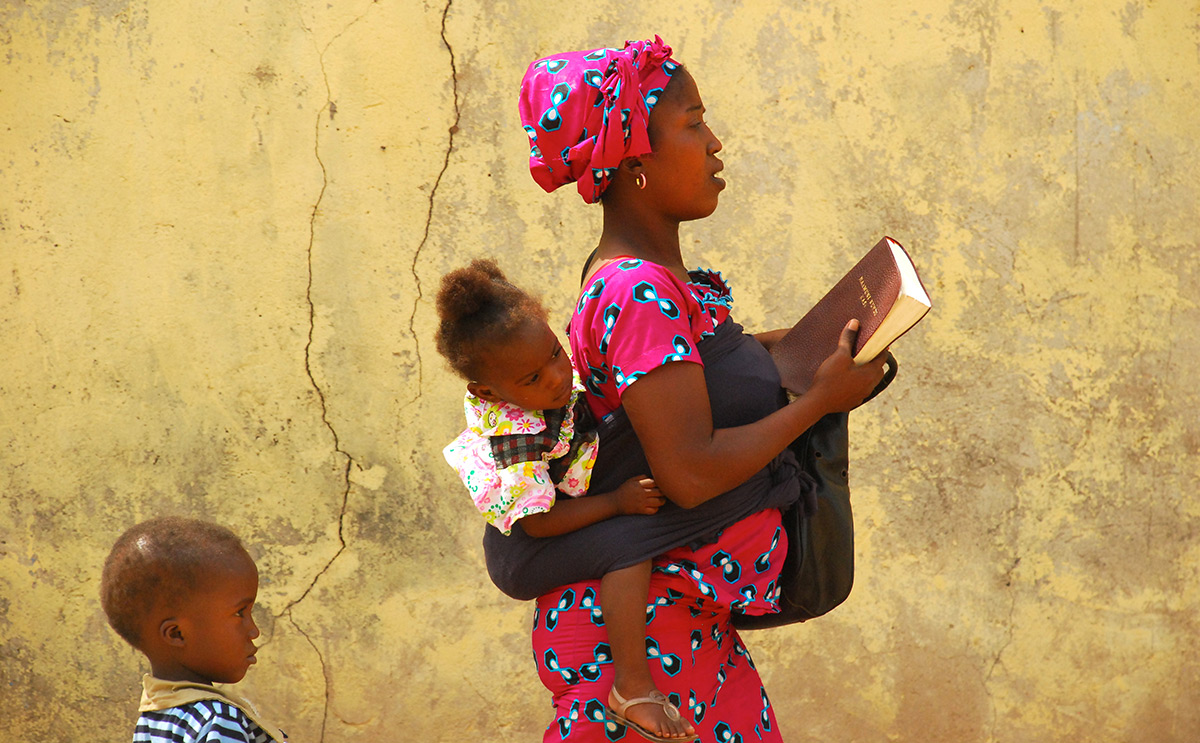
Throughout our Africa pages you will see a wide variety of partnerships some of which are historic and some that are more contemporary.
What all of our African partners have in common is a desire to proclaim the word of God and provide for their communities through education, healthcare and other developmental projects.
The Church of Scotland has partners in Ghana, Kenya, Malawi, Mozambique, Nigeria, South Africa, Zambia, and Zimbabwe.
Ghana

Partner Churches
- Evangelical Presbyterian Church, Ghana (EPC, G)
- Presbyterian Church of Ghana (PCG)
Partnership History
- EPC,G originates from the Bremen Mission's work in the south-east region
- The Basel Mission, from Germany and Switzerland, formed the Presbyterian Church of the Gold Coast, which later became the PCG, in the south-west region
- Following WW1, German and Swiss missionaries were forced to leave and were replaced by Scottish missionaries
- After WWII, healthcare and education expanded and by 1948 the churches and missions across the country ran over 90% of schools
- With a growing desire for independence in the Gold Coast, the EPC,G became more of a national church, and the PCGC was renamed the Presbyterian Church of Ghana following independence in 1957
Twinnings and Projects
- Several congregational and presbytery twinnings between Scotland and Ghana
- PCG Presbytery Relief Services and Development – HIV Programme
- Evangelical Presbyterian Development and Relief Agency (EPDRA)
- Eco-congregations
Kenya
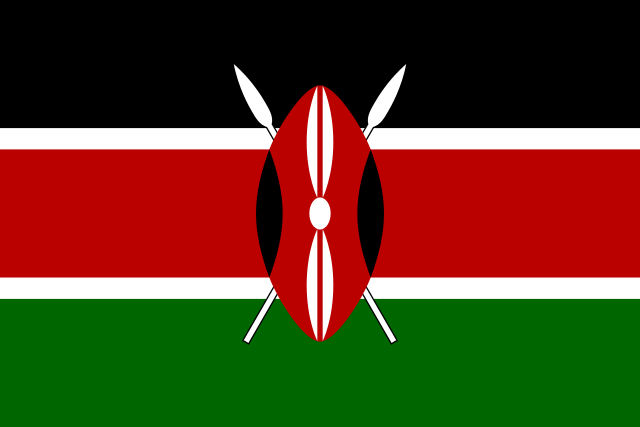
Partner Church
- Presbyterian Church of East Africa (PCEA)
Partnership History
- Scottish merchants working in East Africa provided the funds for a mission to be established
- In 1891 the first group of missionaries settled in East Africa, and the Church of Scotland took over administration of the mission in 1900
- In 1910 missions were opened in Tumutumu and Chogoria, in addition to Kikuyu, from where the church operated medical and educational endeavours
- As the experience and strength of the indigenous church grew it became less reliant on missionary work, and in 1943 the PCEA was constituted as a native church
- PCEA has around 4 million members, organised into 310 parishes
Twinnings and Projects
- Several congregational twinnings between Scotland and Kenya
- Chogoria Hospital
- Kibera Parish HIV/AIDS and OVC Programme - HIV Programme
- PCEA AIDS Training Programme – HIV Programme
- Together for a Change Programme (St Mark's, Drumchapel and Yatta)
- Kibera Parish HIV/AIDS and OVC Programme - HIV Programme
Malawi
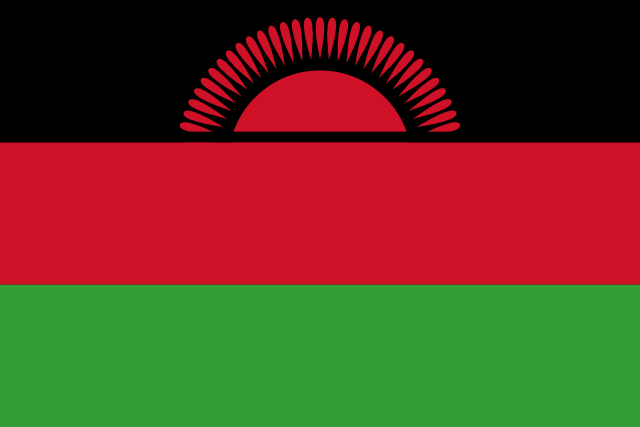
Partner Church
- Church of Central Africa Presbyterian (CCAP)
- Synod of Blantyre
- Synod of Livingstonia
- Synod of Nkhoma - blog
Partnership History
- Scottish missionaries decided to embark on missionary work in Malawi in honour of David Livingstone
- The Free Church founded a mission in Livingstonia in 1875, and the Church of Scotland founded one in Blantyre in 1876
- In 1924 the CCAP was established by loosely joining these two missions together with the Dutch mission in Nkhoma
- In 1957-8 there were sixty-seven Scottish missionary families in Malawi, manning a large network of schools and hospitals
- Today the CCAP has five Synods – three in Malawi and one each in Zambia and Zimbabwe
Twinnings and Projects
There are many congregation twinnings between Scotland and Malawi, and we also support some Mission Partners in the country.
Synod of Blantyre
- CCAP, Prevention and awareness – raising, within marriage, of HIV
- Health and Development Commission
- Mulanje Mission Hospital, Malawi
- Enhanced Couple-Counselling in an age of HIV and AIDS, Blantyre Synod, Malawi
Synod of Livingstonia
- David Gordon Memorial Hospital, Livingstonia, Malawi
- Ekwendeni Mission Hospital AIDS Programme – Orphan Care Project
- Ekwendeni Theological College
- Livingstonia Synod AIDS Programme (LISAP)
Synod of Nkhoma
- CCAP Chileka Home-based Care Programme
Malawi-wide
- Zomba Theological College
- Theological Education by Extension (TEEM)
Photos: Flickr account.
Mozambique
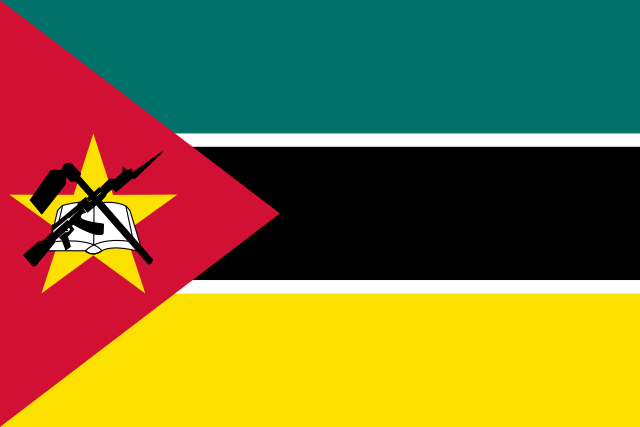
Partner Church
Partnership History
- IECM began as an outpost of the Blantyre Mission in Malawi based at Mehicani in the 1920s
- An earlier attempt to begin Scottish missionary work failed in 1898 due to political difficulties of operating in Portuguese territory
- Contact was almost completely lost during the Mozambique Civil War 1977-1992 until the partnership was renewed in the 1980s
Photos: Flickr account.
Nigeria

Partner Church
- Presbyterian Church of Nigeria (PCN)
Partnership History
- The United Secession Church of Scotland missionaries were sent by the United Church of Jamaica and the Cayman Islands in 1846 at the invitation of the King of Calabar
- Work included setting up a hospital at Uburu and the construction of a rehabilitation centre for lepers at Itu
- One famous Scottish missionary in Nigeria was Mary Slessor who arrived in 1876 and undertook pioneering work in the region
- The native church gained independence from the mission in 1945 as the Presbyterian Church of Biafra
- Today the PCN remains an independent denomination and has around 500,000 members in 52 presbyteries
Twinnings and Partners
- Twinnings between congregations in Scotland and Nigeria
- Presbyterian Community Services and Development (PCS&D)
Photos: Flickr account.
South Africa

Partner Church
Partnership History
- UPCSA traces its roots back to the garrisoning of the Cape colony by the Argyll and Sutherland Highlanders in 1806
- The first church was established in 1824 and from here missionary work established a Presbyterian presence across southern Africa
- The issue of race relations began to intervene in the life of the church - in 1857 a group of whites in eastern Cape colony were allowed to have whites-only communion
- In 1923 a blacks-only Bantu Presbyterian Church (BPC) was founded
- A 1954 Church of Scotland statement on apartheid declared that it was 'contrary to the law of God and that therefore it will be disastrous'
- In 1960 members of the BPC and Church of Scotland missionaries were amongst those who supported the Cottesloe Declaration which rejected race as the basis of exclusion from churches
- With the end of apartheid in 1994, the Reformed Presbyterian Church, successor to the BPC and the Presbyterian Church of Southern Africa, which had been whites-only, looked to unite
- This eventually happened in 1999, and UPSCA now has around 500,000 members and 18 presbyteries, including those in Zambia and Zimbabwe
Twinnings and Partners
- Several presbytery twinnings between Scotland and South Africa
- Presbytery of Zimbabwe and Presbytery of Greenock and Paisley
- UPCSA, Economic empowerment programme for widows, orphans and vulnerable children, Eastern Cape, South Africa
Photos: Flickr account.
South Sudan
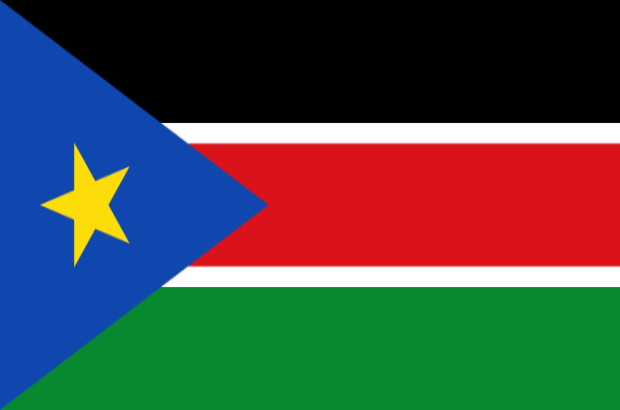
Partner Church
- Presbyterian Church of South Sudan (PCOSS)
Partnership History
- Before South Sudan became independent Presbyterians were largely located in the Upper Nile and Jonglei
- Following the Referendum for Southern Independence in 2011, many South Sudanese moved out of the mainly Arab Muslim north into the south
- The COS supported the PCOS at this time to help with the migration of millions of Sudanese from the north and surrounding countries coupled with the extreme drought
- In April 2012, the General Assembly of the PCOS decided to change the name of the church as well as to dissolve the presbytery in the north
- In May 2013, there were 1 million people in PCOSS, with 474 pastors (male and female) and very limited church resources
- Following the outbreak of violence in December 2013, PCOSS has played an active role in working ecumenically to achieve peace and reconciliation in South Sudan
Twinnings and Partners
- The Nile Theological College
- PCOSS Relief and Development Agency
Photos: Flickr account.
Zambia

Partner Church
Partnership History
- The United Church of Zambia has its roots in the ecumenical cooperation which existed in the Copperbelt area in the 1920s
- The Paris Evangelical Missionary (PEMS) known as the Church of Barotseland started working amongst the Lozi people as early as 1885, which lead to the Missionary Conference in North-Western Rhodesia in 1928 with the Methodist Missionary Society
- Scottish involvement came via the Livingstonia Presbytery in Malawi (then Nyasaland), as many Malawian men journeyed to work in the Copperbelt
- The Church of Scotland responded by sending missionaries and outreach workers, so that by 1946, 7,000 children were being educated in Christian schools at the mines
- In 1958 the Church of Scotland congregations in Northern and Luapula provinces and the congregations of the London Missionary Society (LMS) united to form the United Church of Central Africa in Rhodesia (UCCAR)
- The United Church of Zambia was formed in 1965 by the merger of the UCCAR with the Methodist Church and the Church of Barosetland
- It has 2 million members and around 1,000 congregations
Twinnings and Partnerships
- Many congregational twinnings between Scotland and Zambia, and several Mission Partners
- Mwandi UCZ Mission AIDS Relief (HIV Programme)
- Theological Education by Extension, Zambia (TEEZ)
- UCZ Community Development and Social Justice Department
- United Church of Zambia Theological College (UCZTC)
- HIV projects across the Church
Photos: Flickr account.
Zimbabwe
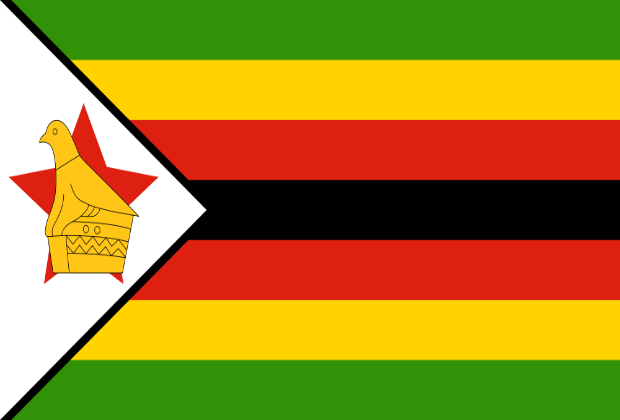
Partner Church
Uniting Presbyterian Church of Southern Africa (UPCSA)
Partnership History
- UPCSA traces its roots back to the garrisoning of the Cape colony by the Argyll and Sutherland Highlanders in 1806
- The first church was established in 1824 and from here missionary work established a Presbyterian presence across southern Africa, including Zimbabwe and Zambia
- 1896 – The first Presbyterian congregation was established in Zimbabwe (then Matabeleland) in 1896
- The issue of race relations began to intervene in the life of the church - in 1857 a group of whites in eastern Cape colony were allowed to have whites-only communion
- In 1923 a blacks-only Bantu Presbyterian Church (BPC) was founded
- A 1954 Church of Scotland statement on apartheid declared that it was "contrary to the law of God and that therefore it will be disastrous"
- In 1960 members of the BPC and Church of Scotland missionaries were amongst those who supported the Cottesloe Declaration which rejected race as the basis of exclusion from churches
- In 1980 Zimbabwe gained independence and ZANU, led by Robert Mugabe, won the first election
- With the end of apartheid in 1994, the Reformed Presbyterian Church, successor to the BPC and the Presbyterian Church of Southern Africa, which had been whites-only, looked to unite
- This eventually happened in 1999, and UPSCA now has around 500,000 members and 18 presbyteries, including those in Zambia and Zimbabwe
Twinnings and Projects
- Congregational and presbytery twinnings between Scotland and Zimbabwe
- Presbytery of Zimbabwe – HIV/AIDS Programme
- Lovemore Children's Hospital
- Capacity building for conflict resolution and peace building, Presbytery of Zimbabwe
Photos: Flickr account